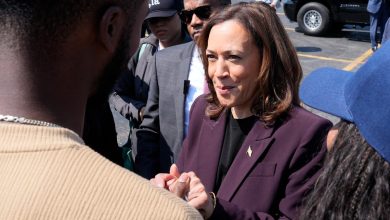I survived an attack by serial killer Ted Bundy. Here’s what saved me
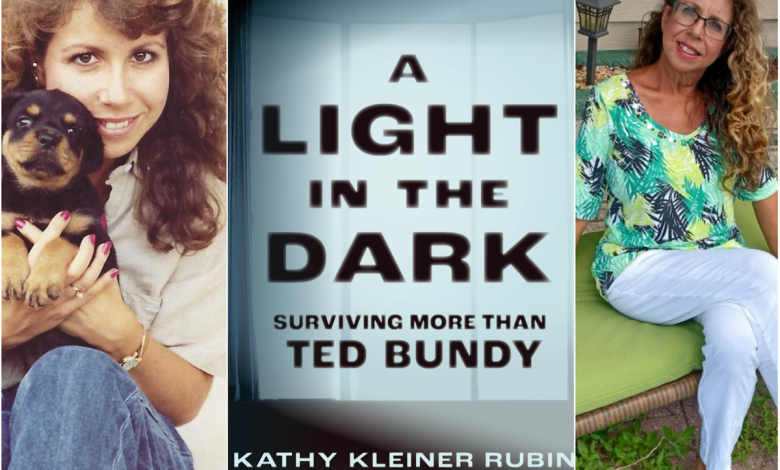
Kathy Kleiner Rubin was a 20-year-old Florida State University student when notorious serial killerTed Bundy crept into her bedroom at the Chi Omega sorority house in 1978 and smashed her face in with a slab of wood.
Decades later, the smell of oak takes her right back to the life-changing attack. She still remembers the excruciating pain as the log made contact with her face, shattering her jaw, ripping her cheek open and nearly severing her tongue in half.
Down the hall, Bundy had already violently murdered two of her sorority sisters, 21-year-old Margaret Bowman, and 20-year-old Lisa Levy.
But Kathy lived. She’s one of only a few victims to survive Bundy’s murderous rampage in the 1970s — although for years the Florida native never spoke about the attack.
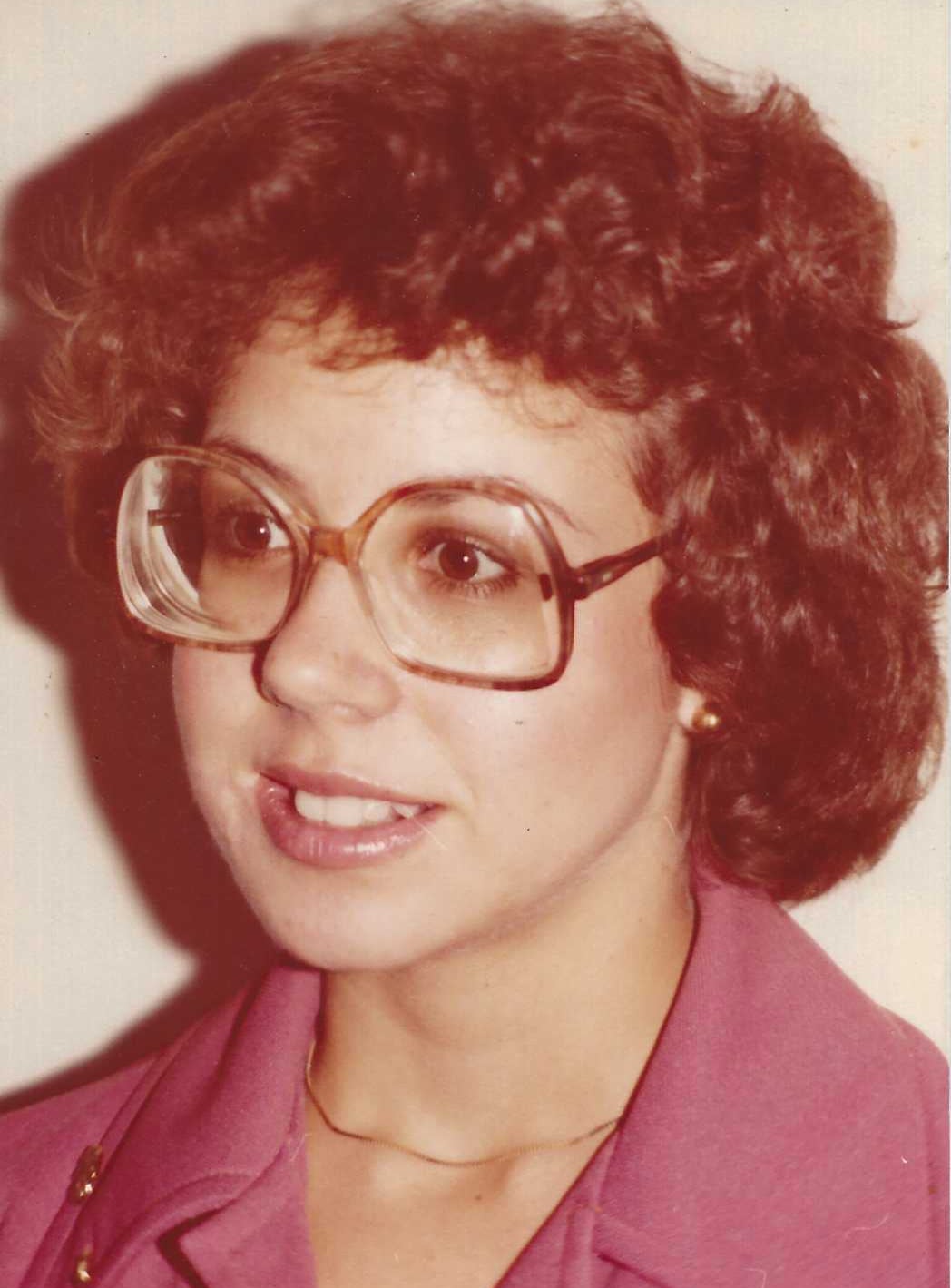
Nearly dying at the hands of one of the most infamous serial killers was just one difficult moment during Kathy’s life. She also battled childhood Lupus, breast cancer, miscarriages and a bank robbery.
“I face things. Even though it’s hard you gotta decide, is it going to get you or are you going to get it?” she said in an interview with The Independent. “Can’t move forward until you make that decision.”
In 2019, she ended her public silence and shared her story of escaping Bundy with Rolling Stone. Since then, Kathy has spoken at universities and true crime conventions.
She published her memoir, A Light in the Dark: Surviving More Than Ted Bundy, which details the attack and her life challenges.
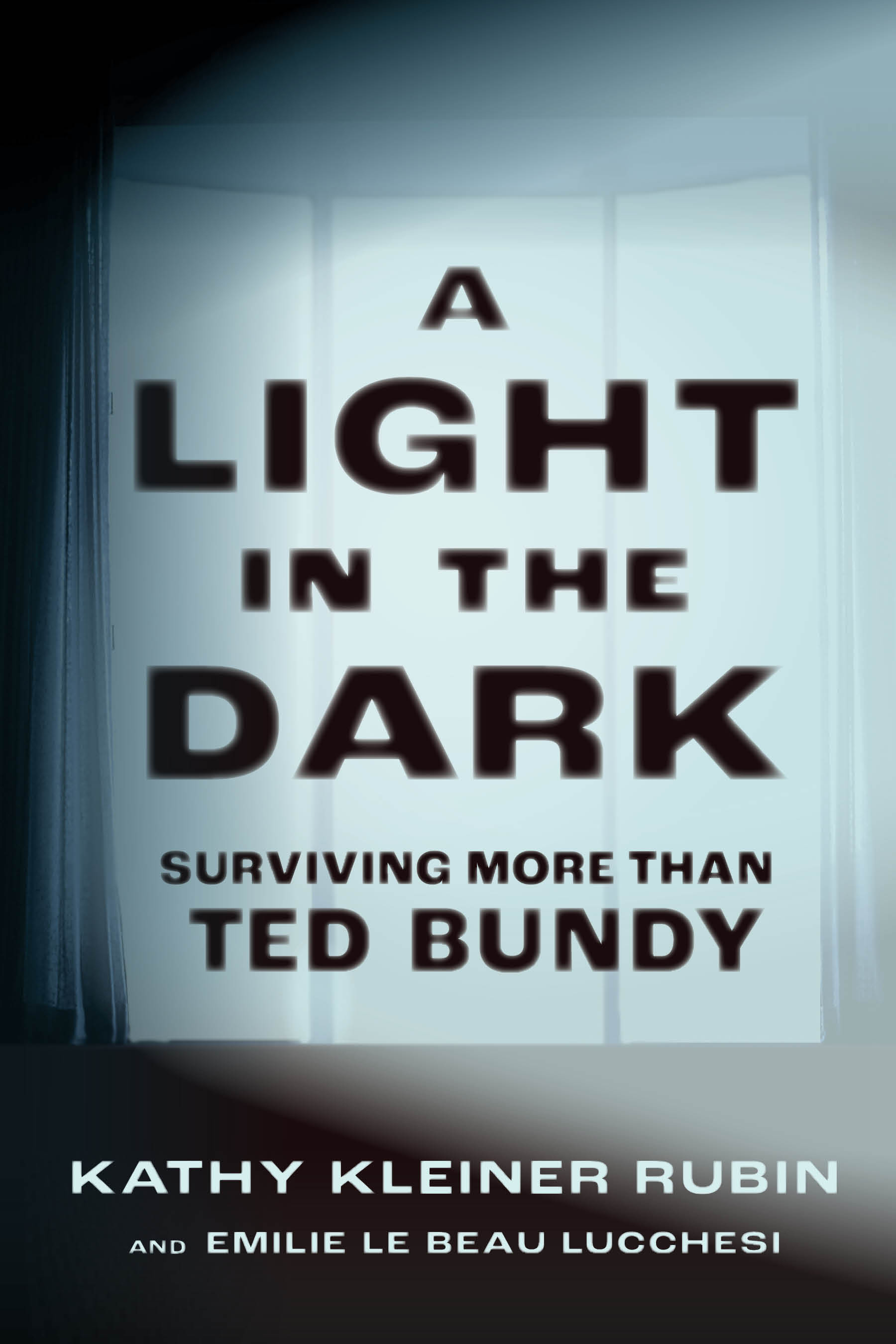
Kathy shared with The Independent how she overcame the many obstacles in her life.
The Attack
Bundy escaped from jail in Colorado, where he’d been awaiting trial for kidnapping and murder, and fled to Tallahassee, Florida in 1977.
On January 15, 1979, Bundy followed a group of Florida State University sorority sisters as they walked home to the Chi Omega house from a bar. He hid in the bushes, later slipping into the house because of a broken lock.
First, he beat Margaret Elizabeth Bowman with a piece of wood as she slept, and choked her to death with a nylon stocking, police said.
Bundy then went into the room of Lisa Janet Levy, where he beat her unconscious and strangled her to death. Bundy also bit her, and sexually assaulted her with a hairspray bottle.
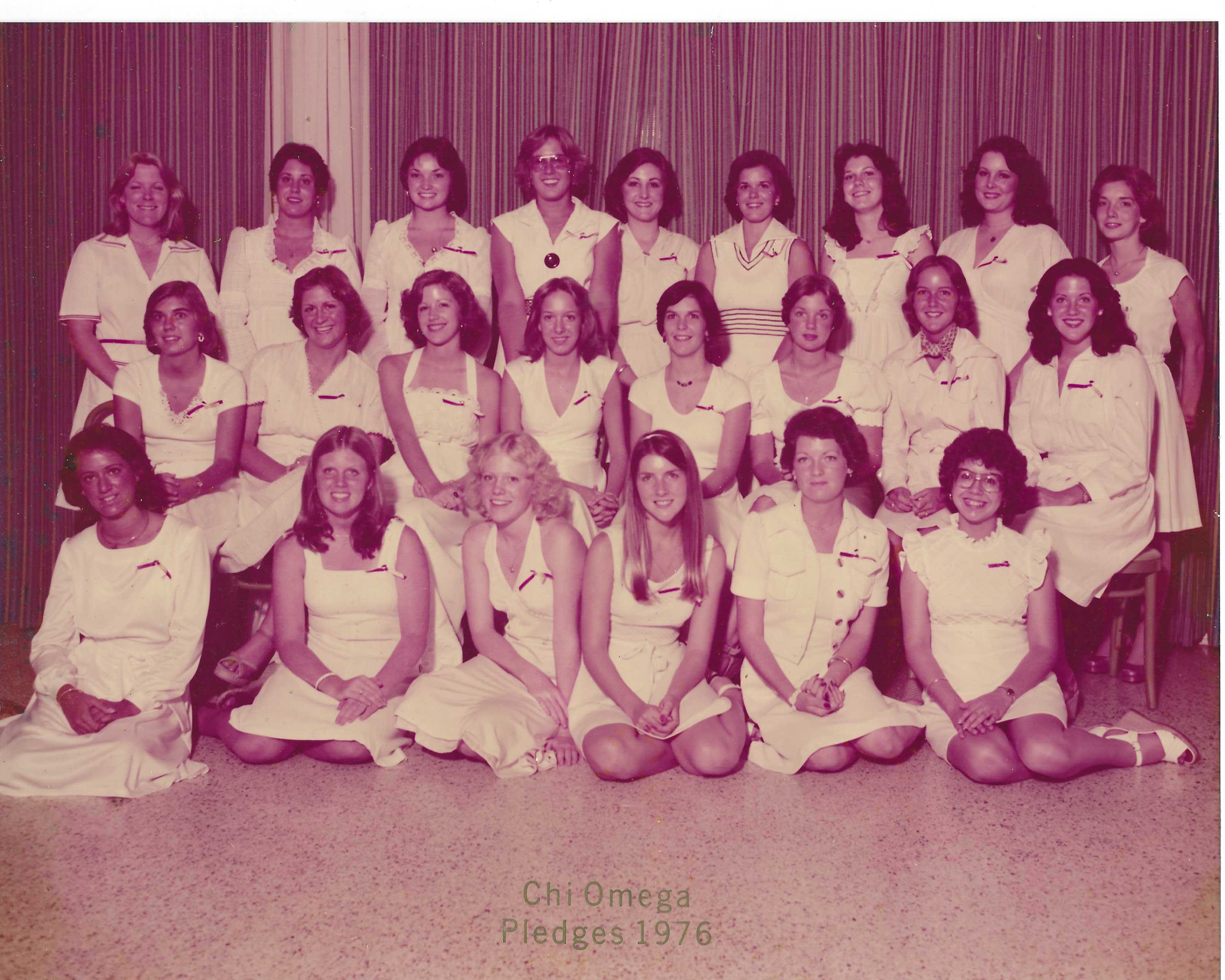
He then crept into the room of Kathy and her roommate Karen Chandler.
“That night, I heard the door swish open against the carpet and I woke up,” Kathy recalled.
“I heard this loud noise of someone kicking the foot locker we had between our beds. I open my eyes but the room is so dark and all I see is a silhouette of someone standing right next to my bed,” she said. “He raised his arm up over my head, and he had something in his hand, and it turned out to be a log, an oak log from outside.”
She continued: “He hit me so hard on my face that at first it didn’t hurt. It was like just a thud. Then within seconds, the pain was excruciating.”
A Light in the Darkness
Bundy then turned his attention to Kathy’s roommate and began beating her with the same log.
“I was moaning and groaning and I thought I was yelling and screaming for help but all I was doing was making gurgling sounds from all the blood in my mouth,” Kathy said.
“He came back over to my side of the room so I tucked myself into the smallest ball. I thought if he didn’t see me, he wouldn’t kill me.”
“He looked at me. He raised his arm up over his head, but just as he was about to hit me again, a bright light shone through our window,” she said, explaining that the window faced the back parking lot and they always kept their curtains open.
“He got real antsy and started moving around. Then he ran out of the room,” she said.
It turned out the light was from a car that pulled into the parking lot that was dropping off one of her sorority sisters after a date. Both Kathy and her roommate survived the attack.
“Because of that light, he left the house and he didn’t get to go down that hall and kill more women,” she said. “That light saved my life.”
Road to Recovery
“I woke up and a police officer was standing at the head of my bed looking at me,” she said. “I touched my face and it was warm with blood. I was in excruciating pain – it felt like daggers and knives. But he just told me ‘it’s going to be OK.’”
Her jaw, which had been broken in three places, was hanging on by just one joint. Her cheek had been slit open, her chin was shattered and she had nearly bit off nearly half of her tongue.
It wasn’t until later that Kathy learned that two of her sorority sisters had been killed.
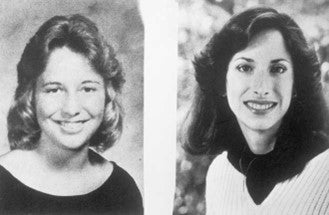
After Kathy was released from the hospital in Tallahassee, she went back to her parents’ house in Miami – to recover physically, but also mentally.
“I was mad. I was mad that this whole thing happened,” she said. “I was mad I had to leave the sorority house. And then I was sad. I was sad that all my friends were there and then I couldn’t see them anymore. And then I was depressed because it wasn’t right. It wasn’t my fault. I didn’t do anything. So with all these emotions in my head, I had to get better. I knew I wasn’t gonna live like this with all those feelings bundled up inside of me.”
Kathy was never offered therapy — and didn’t consider it.
“It wasn’t really a thing at that time,” she said. “So I had to figure out my own ways of coping.”
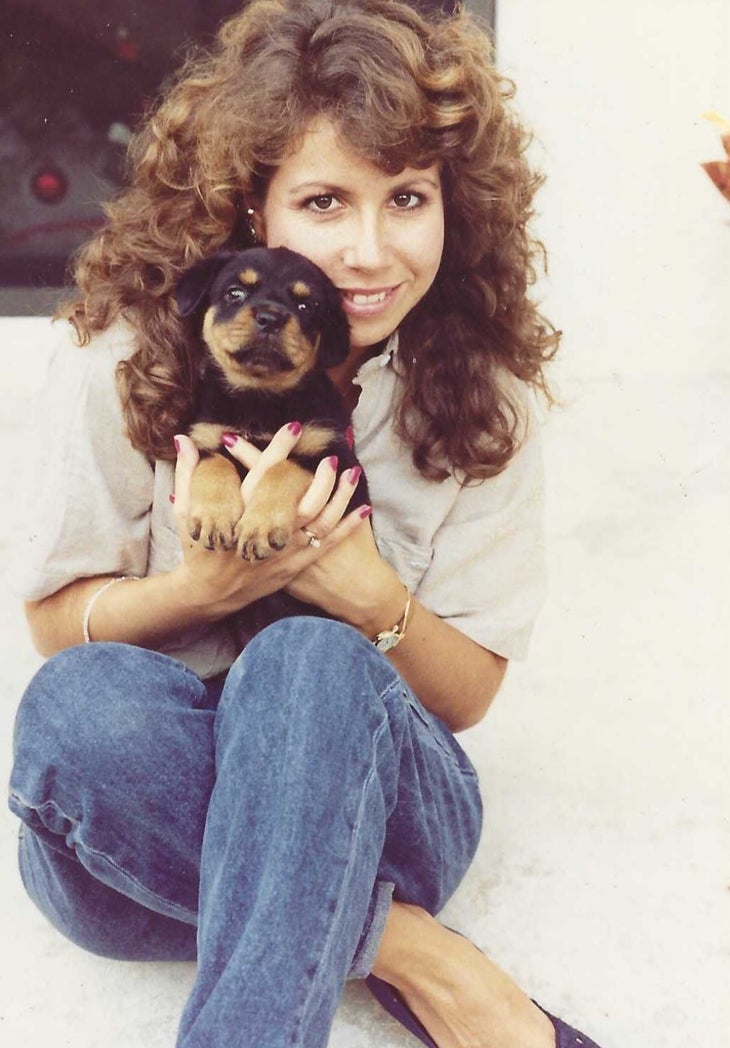
Face to face with her killer
Kathy found herself pulled back into Bundy’s world when she had to face him in court.
Bundy went to trial in June 1979. It was the first-ever trial to be televised nationally – just months after the Florida Supreme Court ruled to allow cameras in court.
On the day Kathy testified, she wore the “reddest dress I could find in my closet,” sat down in the witness box and told her story.
“I went to the witness box, was sworn in and looked around and saw Bundy sitting at the defense table. He was not upset or anything. This was just a waste of time for him because he thought he was going to be acquitted,” she said. “But he didn’t scare me. When I looked at him, I felt strength because I was in a good place. I knew he was going to go down.”
On July 24, 1979, Bundy was convicted and sentenced to death for the murders of the two students, as well as the attempted murders of Chandler, Kleiner, and Thomas.
Bundy confessed to murdering 30 women in seven states in the 1970s.
He spent nearly a decade in Florida State Prison before he was executed in the electric chair on January 24, 1989.
Brushes with death
Kathy has faced more obstacles in her lifetime than most.
She was diagnosed with Lupus at the age of 13. Her months-long hospital stays led to her fear of hospitals, which only escalated after her friends were murdered.
A lot of the time it felt like one step forward, two back.
She tried to conquer her new fear of men after the Bundy attack. So she got a job at a lumberyard to ensure she would be surrounded by them.
“I went in, and I saw as many men as I could,” she said. “But then I smelled the oak of the lumberyard, and that was the smell I remembered that night.”
Kathy then took a job as a bank teller. But once again, she came face-to-face with death when a gunman tried to rob her at gunpoint.
“I started to get the money in slow motion and thought, do I give ones or twenties? They don’t teach us this is teller school.”
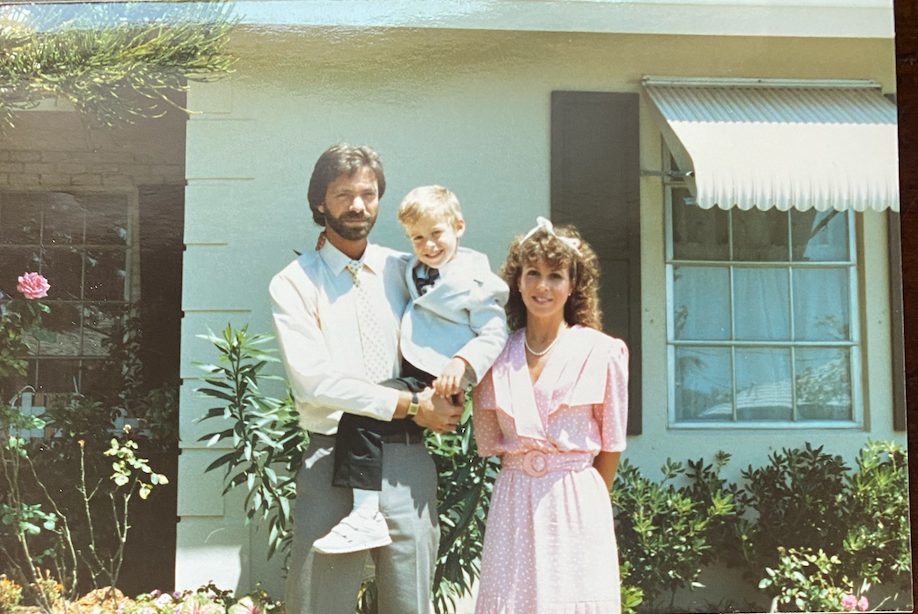
Kathy wed within six months of the attack, but that first marriage ended in divorce. After years of trying to have a baby, she suffered through two miscarriages. Her adult son Michael now has children of his own.
She had to face her fear of hospitals once again when she was diagnosed with stage two breast cancer at 34. To overcome her fear, she got a job at a hospital.
“But I did it,” she said. “I’ve been working in hospitals for 18 years.”
“It was just something else I had to overcome,” she added. “And it was all for the better.”
Shining a light on the victims
Kathy wanted to give Bundy’s victims a voice. With the help of her co-author Emilie Lucchesi, her book tells the story of the women who were killed.
She hopes her story will help others get through their own obstacles – and steer the focus away from Bundy who has been portrayed as a charming law student.
“His victims may be mentioned in the books and movies about him,” she said, adding that she has read and seen every one. “But it’s like one paragraph — it’s just everyone’s name separated with a comma — and that hurt me so much because I knew they had a life and they had things to look forward to, and it wasn’t fair that people didn’t know that. It was important for me to explain who they were – to tell their hopes and dreams.”
As this week marks the 45th anniversary of Bundy’s conviction, she says it’s important more than ever to shine a light on the victims and the survivors.
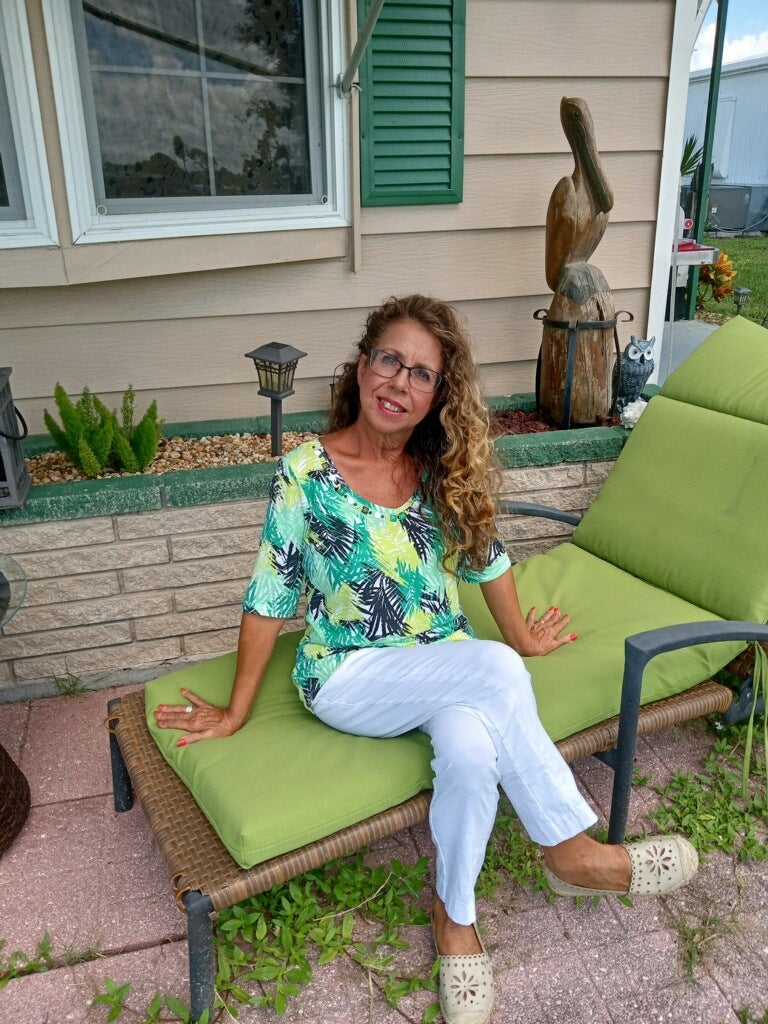
“I wanted to share this with the world, because it helped me heal,” she said.
“That’s why I’m telling my story now. People need to know they can go through more than they think.”
Now retired and living in South Florida with her husband, she spends her time sailing, camping and loving on her grandchildren, who live nearby.
“We go sailing and camping and moving forward and I look forward to living life each day,” she said. “Right now life is good for me. I’m happy.”




